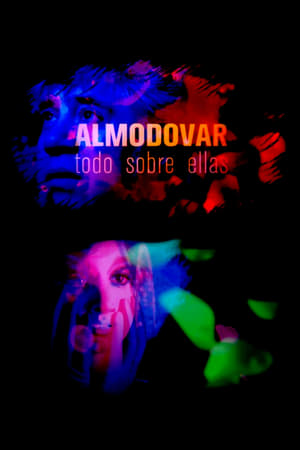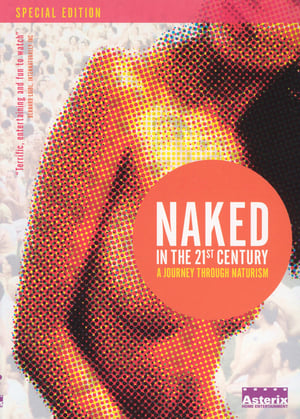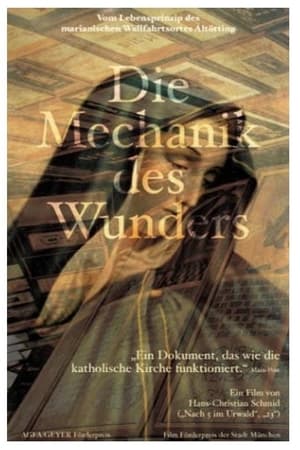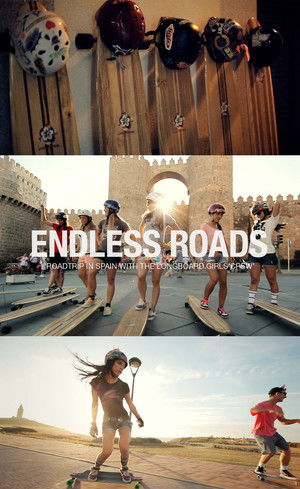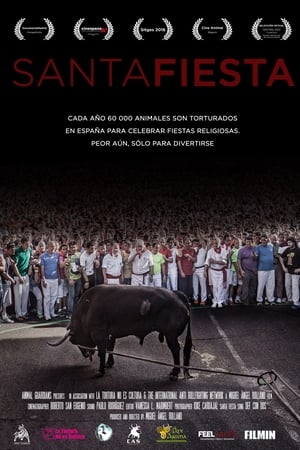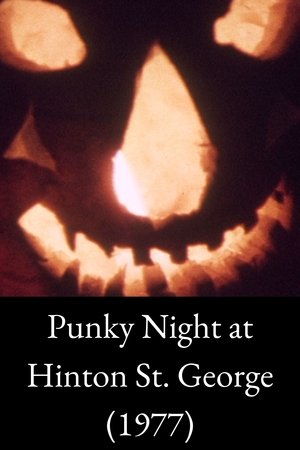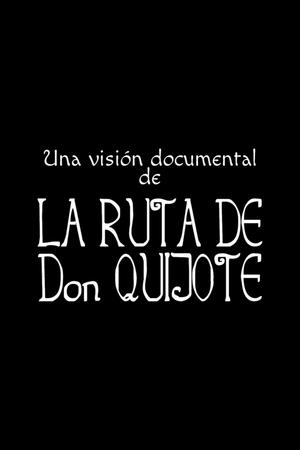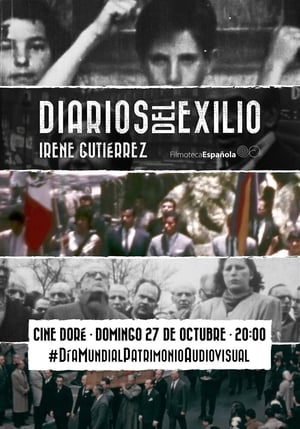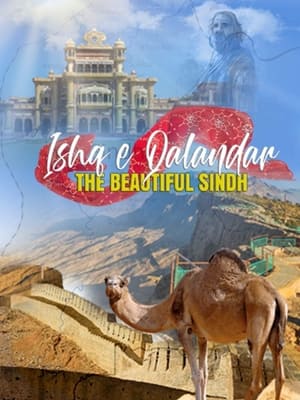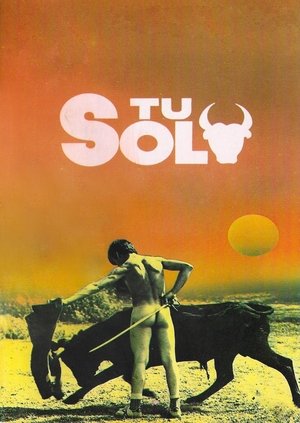Overview
Join Charlie, Holly, Sherry, Rhowena, Katarina and Tony as they discover the picturesque and enchanting naturist village of Costa Natura on Spain's Costa del Sol. Situated close to Estoponia with Gibralter only 30 miles away. Costa Natura provides for an all year round haven for naturist relaxation.

 59 min
59 min
 0
0
 2002
2002
 United Kingdom
United Kingdom
